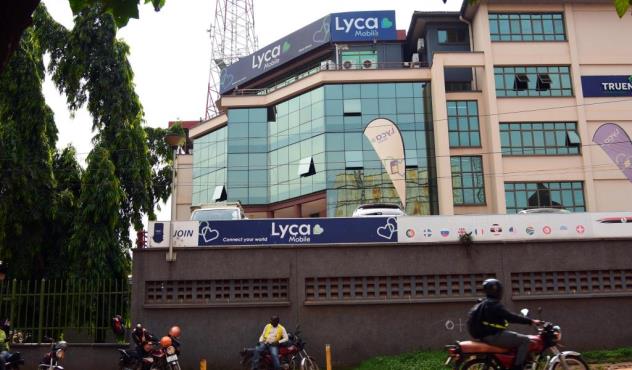Civil Society Organizations (CSOs) have expressed concern over an unresolved crisis in the country. This has everything to do with the amount of unsafe food that is being consumed in the country.
The CSOs that raised the concern include SEATINI Uganda, Centre for Food and Adequate Living Rights(CEFROHT) , Food Rights Alliance, African Institute for Culture and Ecology, Uganda Farmers Common Voice Platform for advocacy.
The Civil Society emphasized the importance of focusing on food safety in Uganda as the world prepares to celebrate the World Food Safety Day schedule for June 7, 2023.
According to SEATINI’s Peninah Mbabazi, Uganda has derailed on the Malabo declaration that emphasizes the need for food safety.
“According to the 2022 CAADP Biennial report, Uganda has neither met the set target for the Africa Food Safety Health Index nor has it met the Food Safety Trade Index targets. As such, it is a no wonder that numerous agricultural products are rejected in regional markets. Unfortunately, it is the regular Ugandan consumer who bears the brunt of these challenges as they can only afford the unsafe foods sold widely on the market,” Mbabazi said.
Agnes Kirabo of Food Rights Alliance agreed saying despite many Ugandans having no food, the 70% that do are consuming poison. She cited the recent banning of Ugandan food including maize from entering the Kenyan market.
Apparently, Kenya banned some Ugandan foods for containing aflatoxins which are not safe for human consumption. However, the most saddening thing is that despite the banning, the balance of these foods never got destroyed.
“Can anyone point to us where this food was destroyed? This is the same food that ends up being sold as posho in schools and our children feed on it. As at home we feed on poisonous food everyday including salads. At school, our children are also feeding on posho and beans with cancer causing aflatoxins. That is the situation we are in as a country. It is affecting everyone. No one is safe,” Agnes Kirabo said.
The CSOs called upon the government to streamline the food and safety enforcement mandate in the country.
Among the recommendations, government was asked to review the Food Act of 1994 to consider changes in technology and raising food challenges.
Furthermore, the CSOs called for strengthening of enforcement of standards. This can be done by increasing funding for quality assuring agencies.
Especially through adequate staffing to undertake market surveillance, testing and certification activities.
Check Also;
- UNBS Opens Regional Food Safety Laboratory In Gulu
- Ugandan Maize Fails Aflatoxin Test Before Export To Kenya
- Kenya Impounds 39 Trucks Full Of Unchecked Maize From Uganda
Please use the button below to contribute to Newslex Point, Inc. using a credit card or via PayPal.

 Newslex Point News in Uganda, Uganda news
Newslex Point News in Uganda, Uganda news












